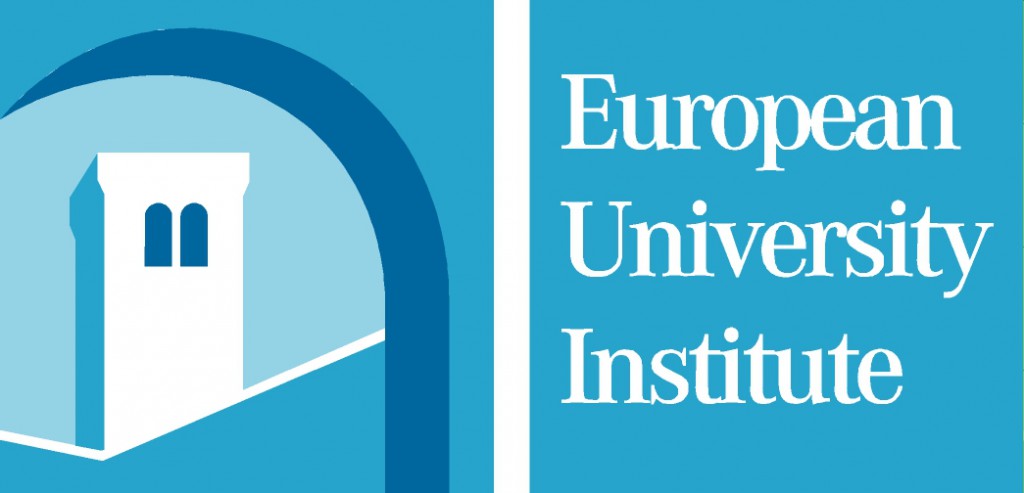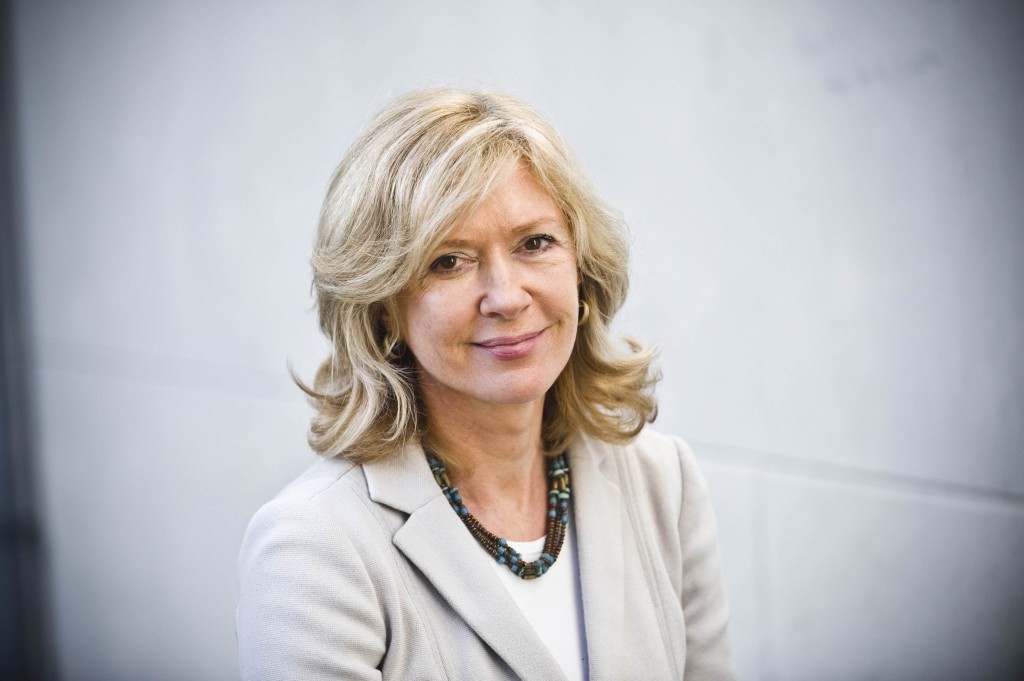A seminar was held at the European Union Institute in Florence on 25 January 2013 with the title: “Transparency and Access to the Records and Archives of the EU Institutions”.

The subject of EU transparency enjoys, it seems, never-ending attention from both EU civil servants and politicians, as well as academics. This time, the discussion was connected to developing rules and practices in the related areas of archiving and classification. Archivists, transparency specialists, and academics were invited for an exchange of views that was wide-ranging both in terms of substance as opinion.
Prof. Deirdre Curtin from the University of Amsterdam, in her talk invited the audience to look beyond the nitty-gritty discussions on details of the access to documents regime to consider its underlying dynamics and purpose. She voiced her concern over the lack of transparency in the emerging field of Council cooperation in security matters, where she and one of her PhD reseachers, Vigjilenca Abazi, have earlier criticised the system of document classification. Although secrecy is in certain cases indispensible, European institutions, including the Court, should be citizen-oriented, rather than institution-oriented, if they are to are to improve their democratic credentials.
Dr. Daniel Naurin of Gothenburg University presented his view on the functional mechanism connecting transparency to democracy using a parsimonious presentation containing six criteria of a well-operating democracy. These included not only transparency but also publicity, a phase of negotiation and of debate, and information concerning the process of legislation and its outcome and rationale. Based on his interpretation of current practices, he concluded that Council transparency fails where national governments succeed to create more democracy, because of the absence of a “democratic infrastructure”.
Dr. Stéphanie Novak (Hertie School of Governance) and dr. Gijs Jan Brandsma (Utrecht School of Governance) presented interesting papers concerning respectively the conceptual links between transparency and efficiency, and the role of inter-institutional information exchanges. These contributions highlighted the complex nature of transparency mechanisms, adding nuance to the received wisdom that transparency always decreases efficiency, or leads to shifts in power relations.
Further interesting contributions came from civil servants of the Commission and Council and EP secretariats, who clarified the current rules and their functioning, a painted a generally positive image of the development of public access over time. This positive tone was somewhat distrupted by a highly critical presentation of dr. Päivi Leino (Helsinki University), who found instances of statements going against Court judgements, a lack of administrative service-mindedness, and the virtual absence of openness in the area of EMU, in spite of rhetoric suggesting the opposite. In all, she found ample ground to conclude that especially the Council did not take its democratic obligations seriously in its interpretation of the transparency provisions.
The various presentations and subsequent debate unveiled a substantial range of opinions, ranging from quite satisfied and optimistic to highly critical. Furthermore, the seminar once again made clear how many approaches to transparency and public access are possible, providing a palet of different insights: rights-based, empirical, conceptual mechanisms-oriented, practical administrative, or linked to the fundamental principle of democracy: transparency, in the EU as elsewhere, is a controversial phenomenon with many interfaces.
Full details about the seminar can be found here.


